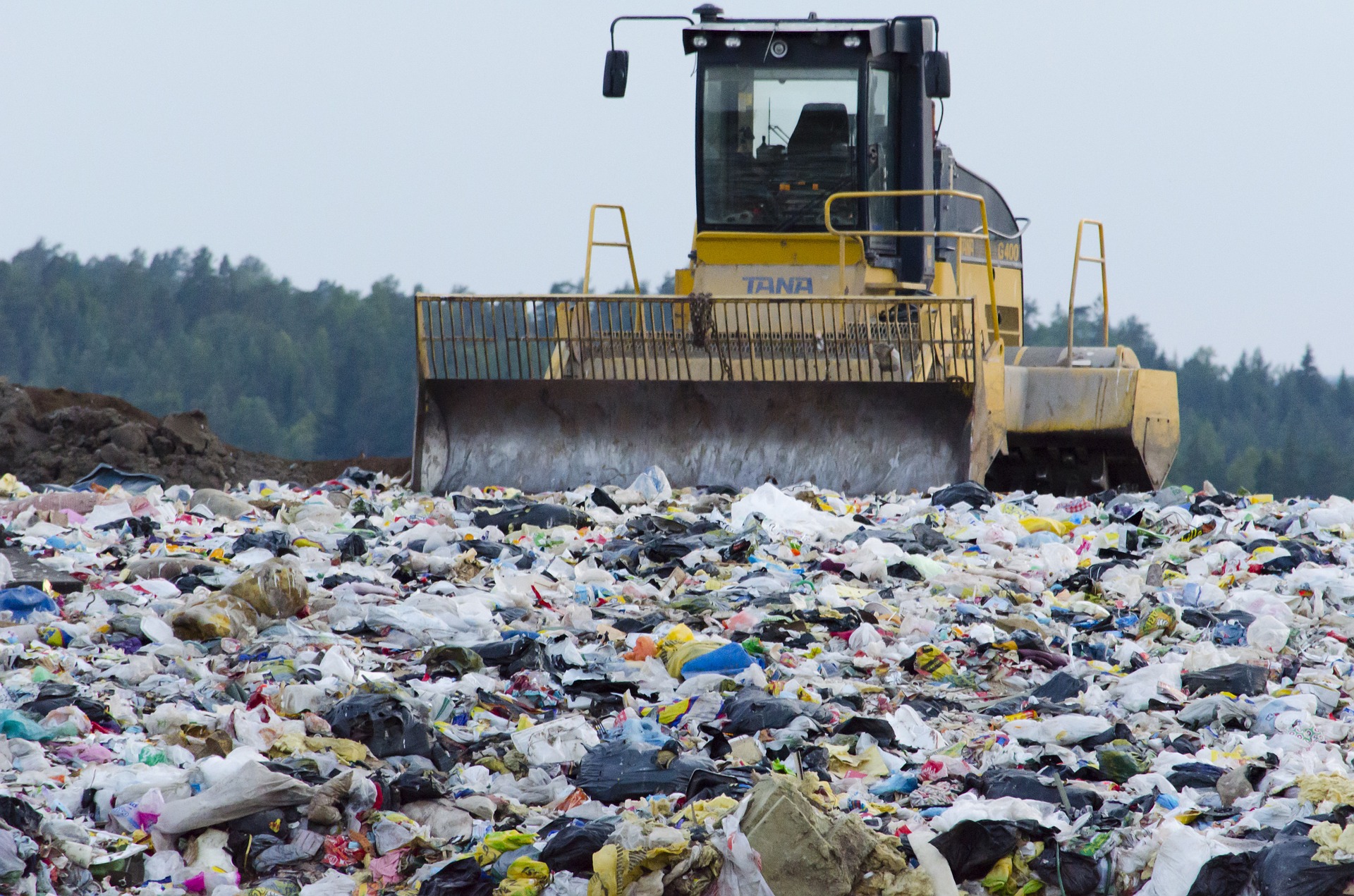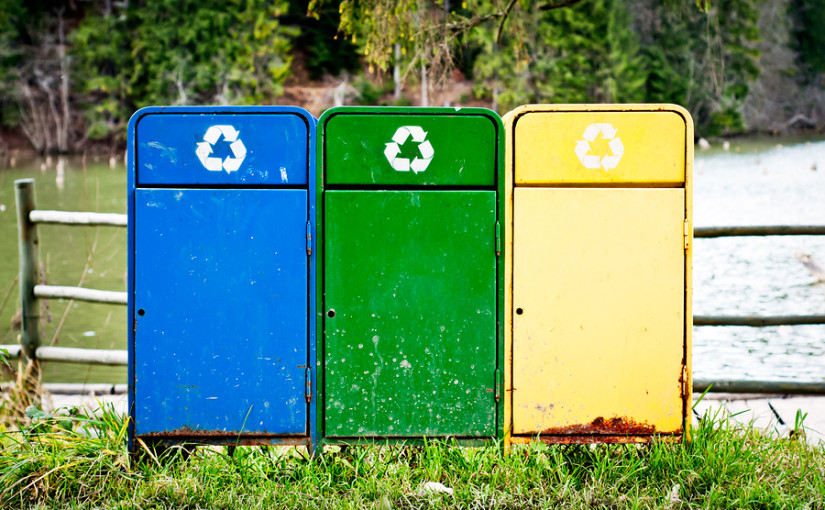If you’re a new business, or even a well established SME, long-term profitability can be all about the margins, cutting costs, and making the most of the resources you have available.
Luckily, issues like resource efficiency, usage reduction, and reuse or recycling all contribute towards a lean environmental strategy too.
By now you’ve probably heard of the 3 Rs – reduce, reuse and recycle – and while it’s easy to see the direct benefits of reducing what you use, or of directly reusing it before throwing it away, it’s not always so clear how recycling can help.
Here are three reasons why recycling is not only good for the environment, but good for an SME’s bank balance too.
1. Landfill Taxes

Probaly the most obvious financial reason to recycle is because it helps you to avoid paying landfill taxes.
Whereas waste you send to landfill will generally incur a cost per tonne, recycled waste does not, meaning even if you have to pay for a specialist collection, you’ll still usually be better off overall.
In certain industries there may be other costs for general waste too, for example if it needs special treatment before disposal to avoid contaminating the land it is dumped on.
Recycling allows potentially harmful substances to be removed and disposed of separately – meaning the total amount of harmful waste that must be dumped at higher cost is much reduced overall.
2. Precious Metals

There are a surprising number of precious metals and other valuable substances thrown away on a daily basis, especially in electronic goods and even in some seemingly low-value products like light bulbs.
Keeping these substances out of landfill sites has a double benefit: firstly it prevents contamination which could harm wildlife feeding on the waste dumps, and secondly it allows the materials to be separated out, purified and reused.
There are long-term financial implications from this, as such substances are already high-value because of their scarcity, and extracting them from waste so they can be recycled and used again helps to preserve stocks for the future.
Ultimately, in some industries, there is a very real possibility that certain materials will only remain affordable in the coming decades thanks to concerted efforts to recycle them from existing products, rather than bury them in landfill sites.
3. Energy Bills

Another aspect of recycling that you wouldn’t notice at first glance are its implications for energy security in the years to come.
The UK in particular is facing a turbulent time where energy is concerned, as old nuclear sites are decommissioned but new ones and renewable installations are still not ready to come online.
While we can import energy from overseas, this leaves the country open to changes in the wholesale price of oil and other fuels – whereas reducing our energy consumption helps to insulate us against price shocks.
In many cases, recycling materials uses much less energy than extracting them from their ores – up to 90% less in the case of aluminium.
Recycling therefore not only keeps materials out of landfill, but could literally keep your lights on and your utility bills down over the next decade or more.
